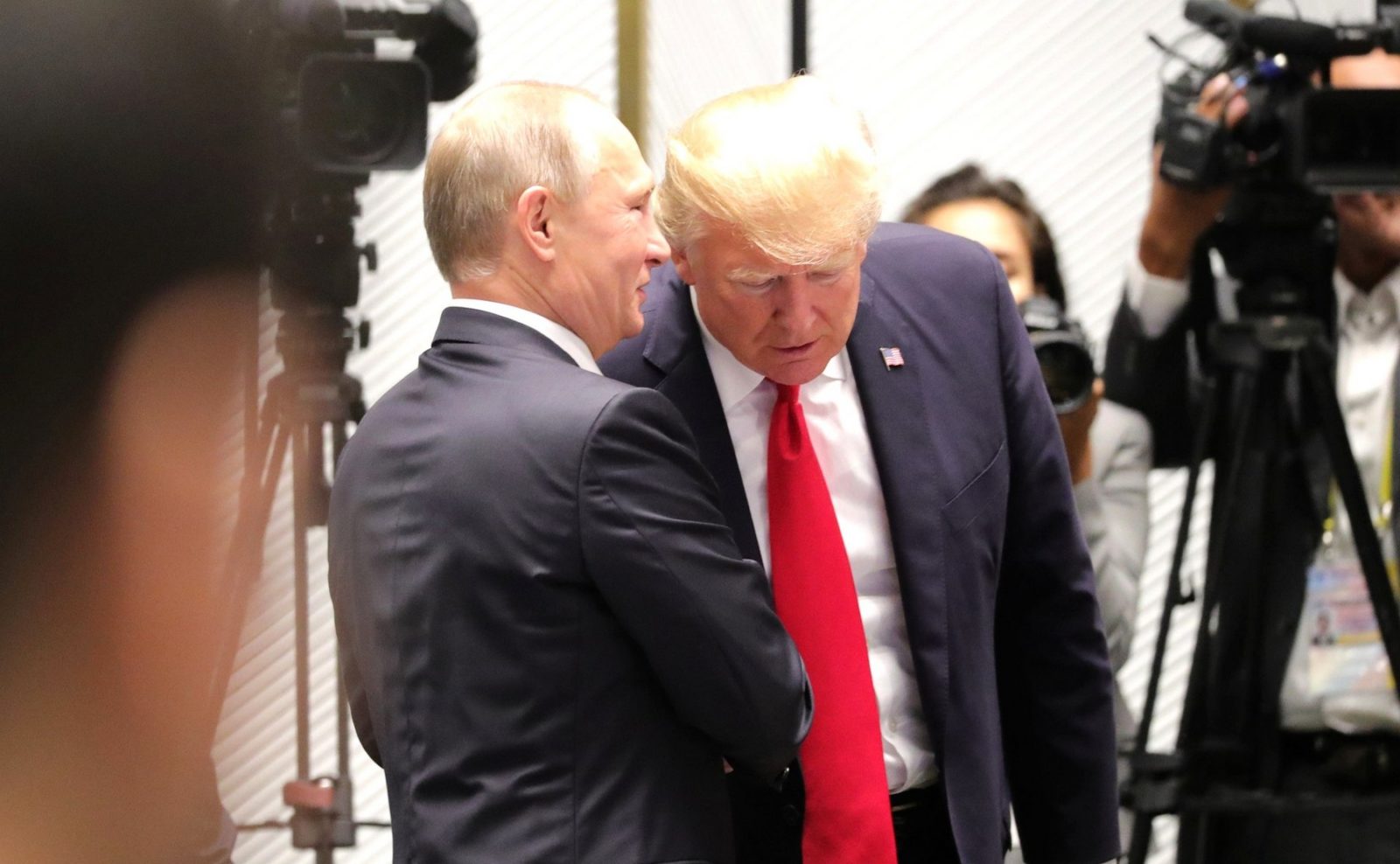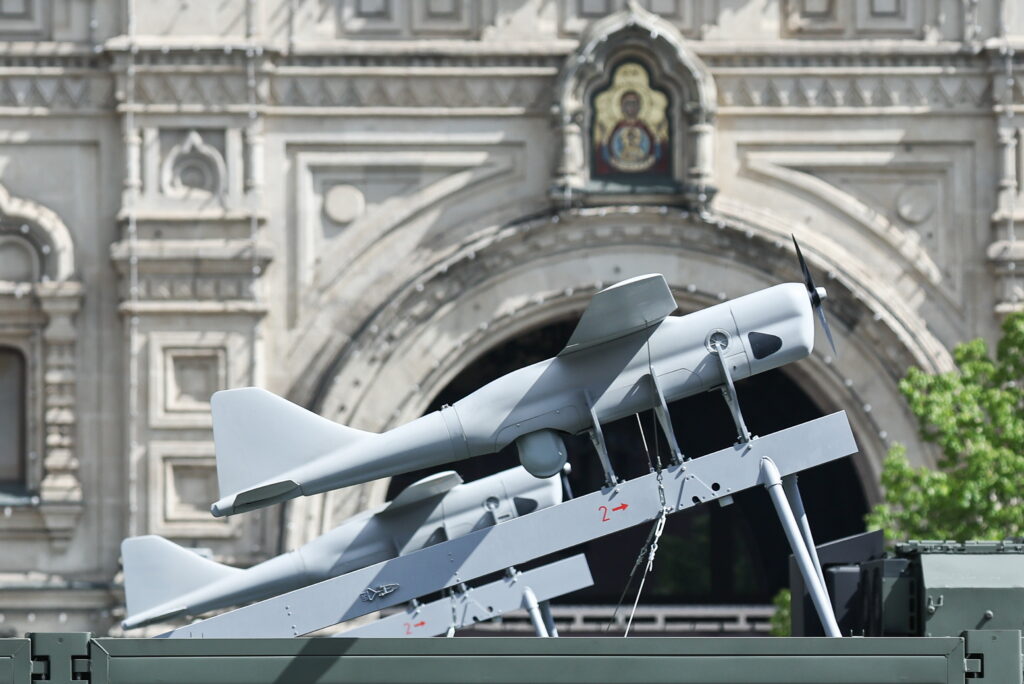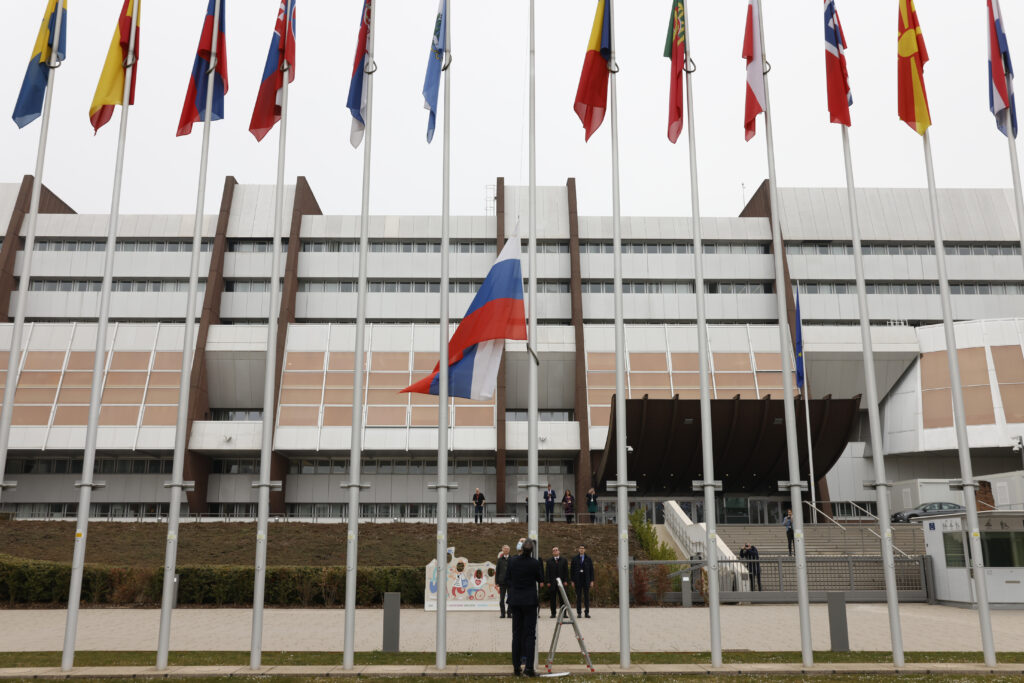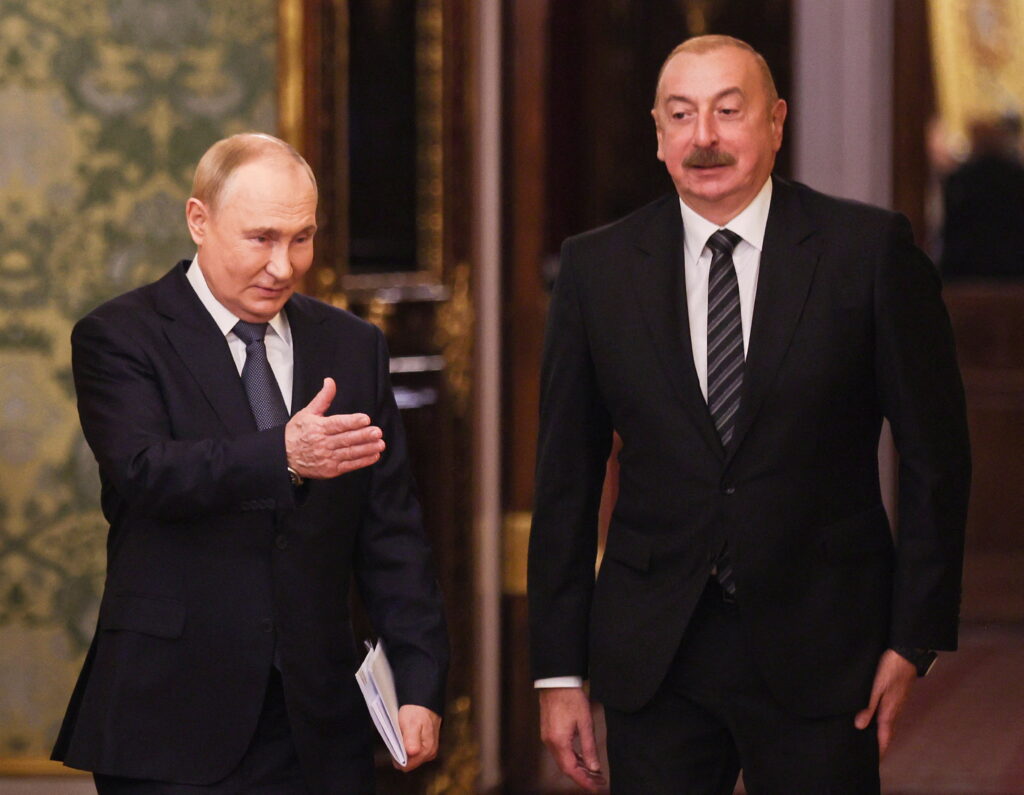Ever since the Russian annexation of Crimea and the subsequent war in the east of Ukraine, adherents of the liberal order have sought to define Russia as a fundamental threat to the value-based international system that underpins the western world.
That has been the moral basis for economic sanctions. Initially, it seemed Russia’s economy would collapse under the weight of them, or at least weaken considerably.
As an economy in dire need of diversification as well as greater transparency, Russia appeared vulnerable, but has since proved surprisingly resilient. In response, many called for a retrenchment of western nations, and further efforts to protect the transatlantic community, its liberal values and principles.
This quest to redefine western unity against a newly rediscovered Russian challenge did lead to a symbolic NATO reinvigoration in the East, as well as the introduction of several further rounds of sanctions against Russia, but it has, at least until now, failed to completely unite the West.
How solid was the West to begin with?
The West is foremost an idea that a coalition of economically advanced liberal democracies can be governed by a rule-based international system that is defined by a belief in universal human rights, and that this coalition can, in turn, advance and defend these values abroad.
Of course, this West never existed in absolute terms. Compromises and allowances have often been made for illiberal nations that agreed to partner with the West, either as military allies or crucial economic regional bulwarks. Depending on the region, the West, under the leadership of the United States, agreed to tolerate certain major lapses when it came to human rights violations or democratic procedures. In 2003, for instance, the US-led intervention in Iraq raised many such questions, and not least about the proclaimed unity of the West and the limits of liberal democracies to establish and promote core principles outside of a sphere of direct economic and political influence.
Still, actions like the Iraq invasion did not undermine the existence of the West as a relative term. Despite setbacks and pitfalls, the West could still defend its proclaimed values at least within the transatlantic community and around its direct borders.
Over the course of the last decade, numerous questions have been surfacing about the validity of the claim that the West — defined in the terms of a value-based system — actually exists at all. With the rise of illiberal democracies within the transatlantic community, and illiberal populist forces within liberal democracies, it becomes harder to defend the idea that the liberal world order is capable of protecting itself from within and without.
If Hungary is accepted as an integral part of the West, the qualities of what constitutes the West’s value based system become hazy. The same goes for Poland, or even Italy’s new government.
More generally, if we reflect on today’s dominant transatlantic values on an ad hoc basis, we might find a multitude of fluctuations and inconsistencies which it seems are growing deeper with time. Those inconsistencies are epitomised by President Donald Trump.
Trump’s challenge
With Trump’s presidency, it is already certain that key western nations aren’t capable of defending a unified vision of what the West is and what it can or must do. Trump’s apparent ignorance of liberal values as such allows him to venture into talks with North Korea and redefine what a leader of liberal democracy can get done.
If Trump can make deals with Kim Jong-un while harassing the US’s closest allies, what’s then the nature of western alliance, what rules is it based on and can it really claim moral superiority over illiberal autocracies around the world?
Trump’s prickly attitude towards the alliance, and his limited understanding or mention western values, perfectly plays into the narrative the Kremlin had been actively promoting for the last decade – that is, the western value based system is a sham, talks of “values” as such is a purely political instrument, and thus morally all major international players are equal since there is no such thing as morality in international relations. By “making the US great again”, Trump is actively, while probably unconsciously, promoting the idea of a truly multipolar world where only hard power, economic might and ability to bully can define who’s calling the shots. If this is not the world Russia has been calling for, I do not know what it is.
If values and norms are subject to revision, then what stands in the way of Trump recognizing Putin’s foreign policy as acceptable and just? If his administration allowed him to bring Kim Jong-un out of complete isolation and universal condemnation — what proof is there that he would not opt for a similar scenario with Putin, even if not today then in a year, two years or five (if he’s reelected). These sorts of questions are definitely coming to the minds of European leaders who for the last 4 years have tried to maintain their tough stance on Russia.
This ambiguity brings fundamental divisions within the transatlantic community; it represents a challenge the existing order of western configurations, and poses dozens of questions about the future of the western world. Of course, this does not mean that we should expect Russian sanctions to be lifted or Crimea to be recognised as part of Russia. But what we could certainly expect is for Putin to use these moments of doubt and hesitation to advance his vision of both world order and Russia’s relations with separate, increasingly divided nations of what we still instinctively call the West.










